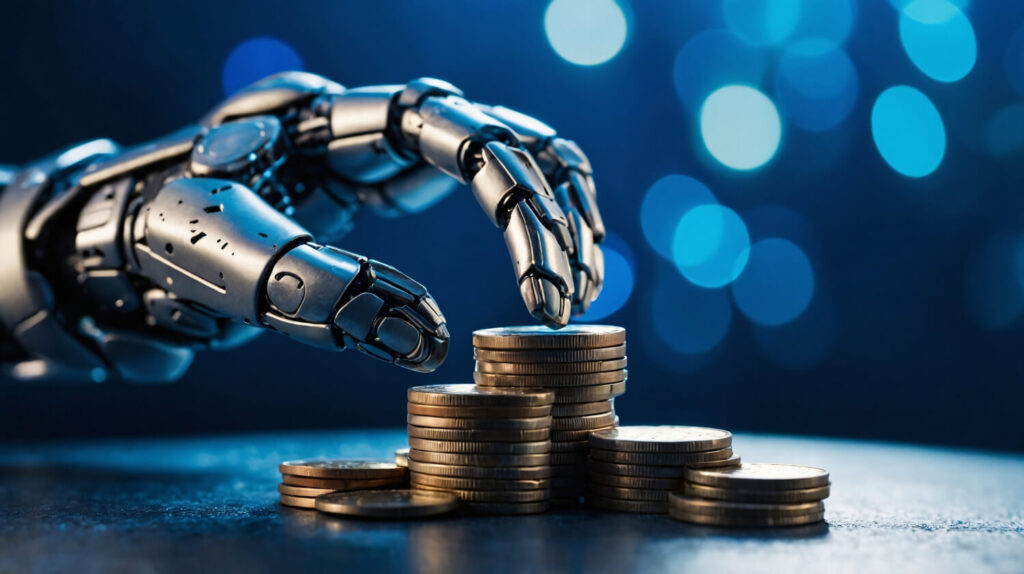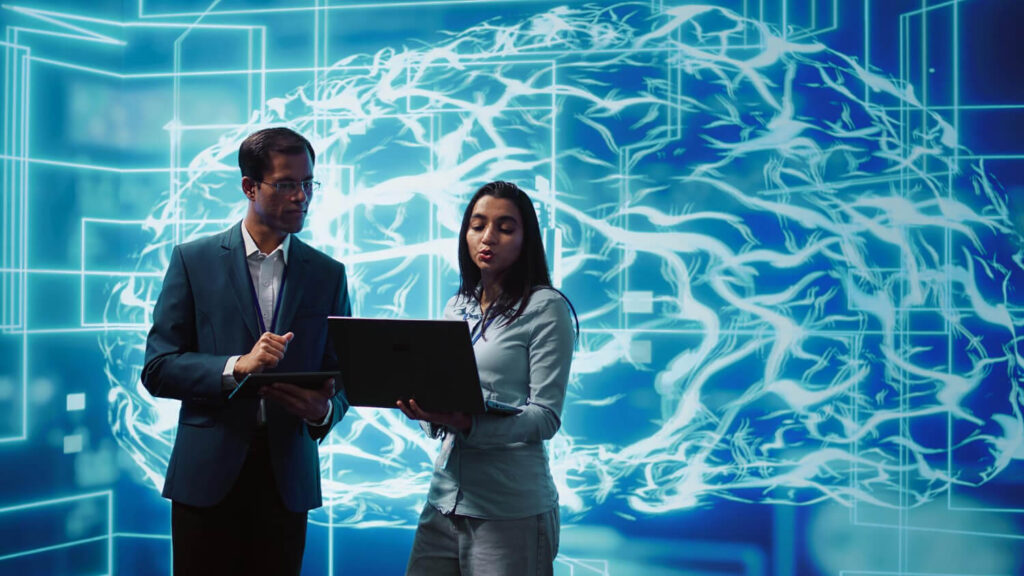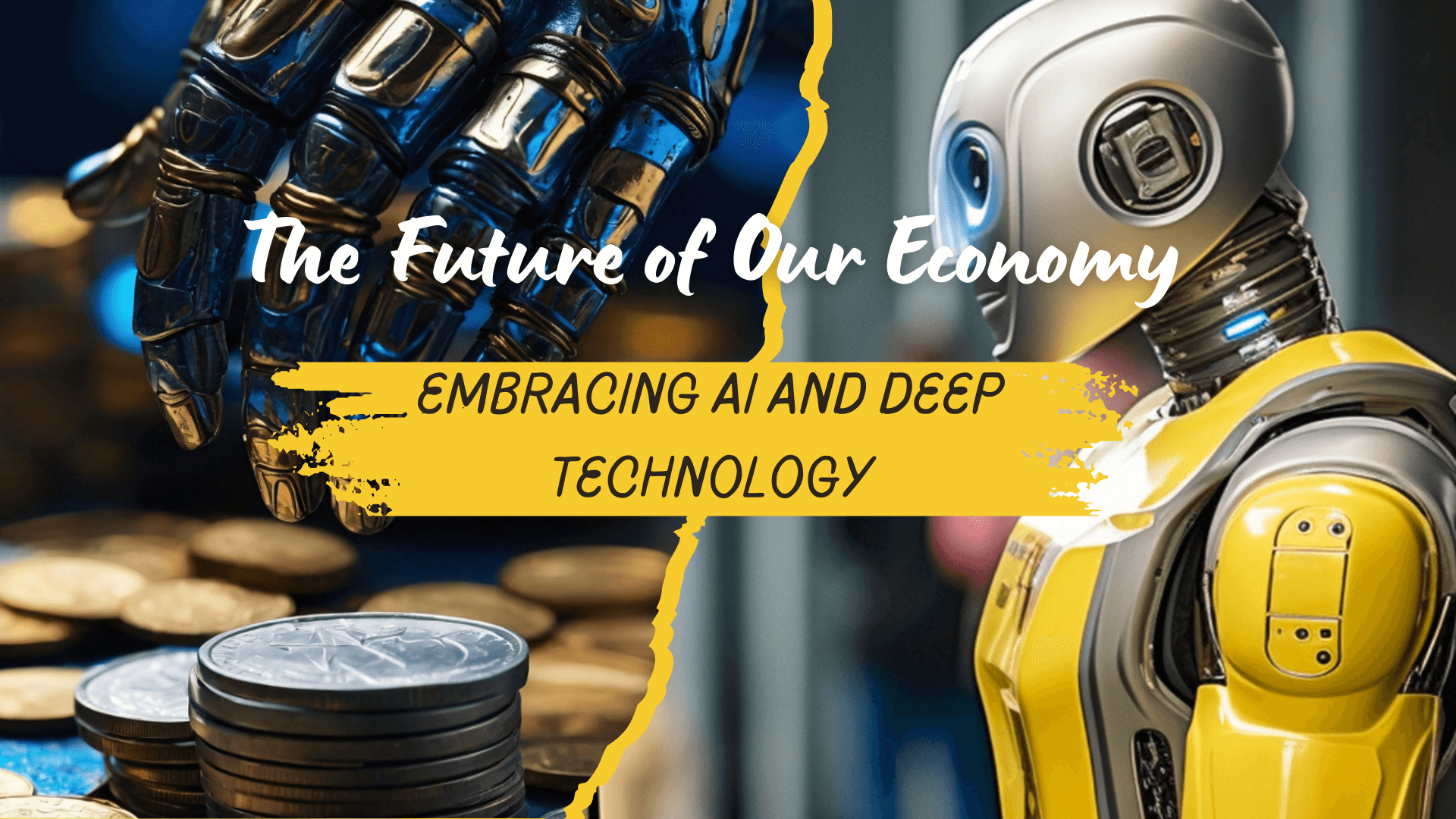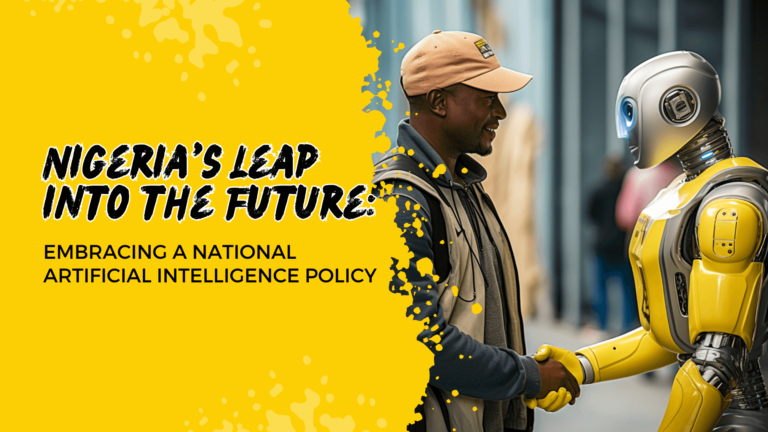Hey there! Grab your favorite cup of coffee, settle in, and let’s have a chat about something that’s buzzing in the tech world: Artificial Intelligence (AI) and deep technology. If you’re thinking, “What’s the big deal?” you’re in for a treat! As Trixie LohMirmand, a prominent figure in the global business scene, has pointed out, these technologies are not just fancy tools; they’re set to redefine the global economy as we know it.
So, what’s really going on? Let’s dive into the nitty-gritty.
The Impact of AI and Deep Technology on the Global Economy

Transformation of Industries
Let’s face it—AI is like the superhero of the tech world. It swoops in and changes everything. Take manufacturing, for example. Gone are the days of labor-intensive processes where humans did all the heavy lifting. With AI-powered automation, factories can run more efficiently than ever before. Robots are handling tasks that were once considered too risky or tedious for people, leading to increased productivity.
And it’s not just manufacturing. The healthcare sector is feeling the love, too! AI algorithms are revolutionizing diagnostics, helping doctors identify diseases faster and more accurately. Imagine an AI system that can analyze thousands of medical images in the blink of an eye—pretty wild, right? This means quicker treatment for patients and less strain on healthcare professionals.
In finance, AI helps in fraud detection. Those smart algorithms are constantly scanning transactions to catch any suspicious activity before it can do any harm. It’s like having a personal bodyguard for your bank account!
Job Creation vs. Job Displacement
Now, here’s where things get a bit murky. While AI opens up a world of possibilities, it also raises some eyebrows regarding job displacement. Sure, some roles are being replaced by machines (cue the dramatic music), but let’s not hit the panic button just yet.
AI is also creating new jobs—think about it! We need skilled professionals to develop, maintain, and improve these AI systems. Fields like data analysis, cybersecurity, and AI ethics are booming. But here’s the kicker: we need to ensure our workforce is ready for these new opportunities. Reskilling is the name of the game, and it’s crucial that we equip people with the skills needed to thrive in this new landscape.

According to industry experts, AI could add a staggering $30 trillion to the global GDP by 2030. Yes, you heard that right—trillion with a “T”! This projection is not just pie in the sky; it reflects the transformative potential of these technologies.
The Role of Policy and Governance
As with any superhero story, there’s always the question of responsibility. AI is a powerful tool, but with great power comes great responsibility (thanks, Uncle Ben!). Robust policies and regulations are essential to ensure that AI is developed and deployed ethically.
Collaboration among stakeholders—governments, businesses, and technologists—is key to creating guidelines that foster transparency and accountability. It’s about making sure that AI serves everyone, not just a select few. Think of it like a team sport: everyone needs to play nice to win.

Challenges and Concerns
Misinformation and Disinformation
Let’s talk about the elephant in the room: misinformation. As AI becomes more sophisticated, so do the methods of spreading false information. It’s like trying to catch a slippery fish—just when you think you’ve got a handle on it, it wriggles away!
In today’s digital landscape, AI-generated content can look so real that it’s hard to tell what’s true and what’s not. This is especially concerning in areas like elections and public health, where accurate information is crucial. To combat this, we need effective fact-checking mechanisms and policies that promote honest communication.
Ethical Concerns Surrounding AI Usage
Ethics in AI is another hot topic. Questions about privacy, bias, and security are popping up everywhere. We must establish a culture of ethical awareness in AI development to ensure these technologies benefit society rather than harm it.
Future Trends in AI and Deep Technology

Emerging Technologies to Watch
What’s next on the horizon? Oh, there’s a lot to get excited about! Emerging technologies like machine learning, blockchain, and even quantum computing are set to enhance AI capabilities. These innovations could lead to breakthroughs we can’t even imagine right now.
In fact, as we look toward the next decade, we can expect significant advancements that will reshape various sectors. Whether it’s smarter healthcare solutions or more secure financial transactions, the future looks bright.
Conclusion
As we wrap up our chat, it’s clear that AI and deep technology are not just fleeting trends; they’re pivotal elements of our economic future. Embracing these advancements responsibly will be key to shaping a prosperous future.
Let’s focus on ethical development, invest in reskilling our workforce, and foster collaboration among stakeholders. The world is changing, and it’s up to us to ensure that AI acts as a catalyst for positive change. So, what do you think? Are you ready to embrace the future?
Feel free to leave your thoughts below! Let’s keep the conversation going.
With this friendly approach, I hope you feel more informed and engaged with the exciting changes happening in the world of AI and deep technology!



